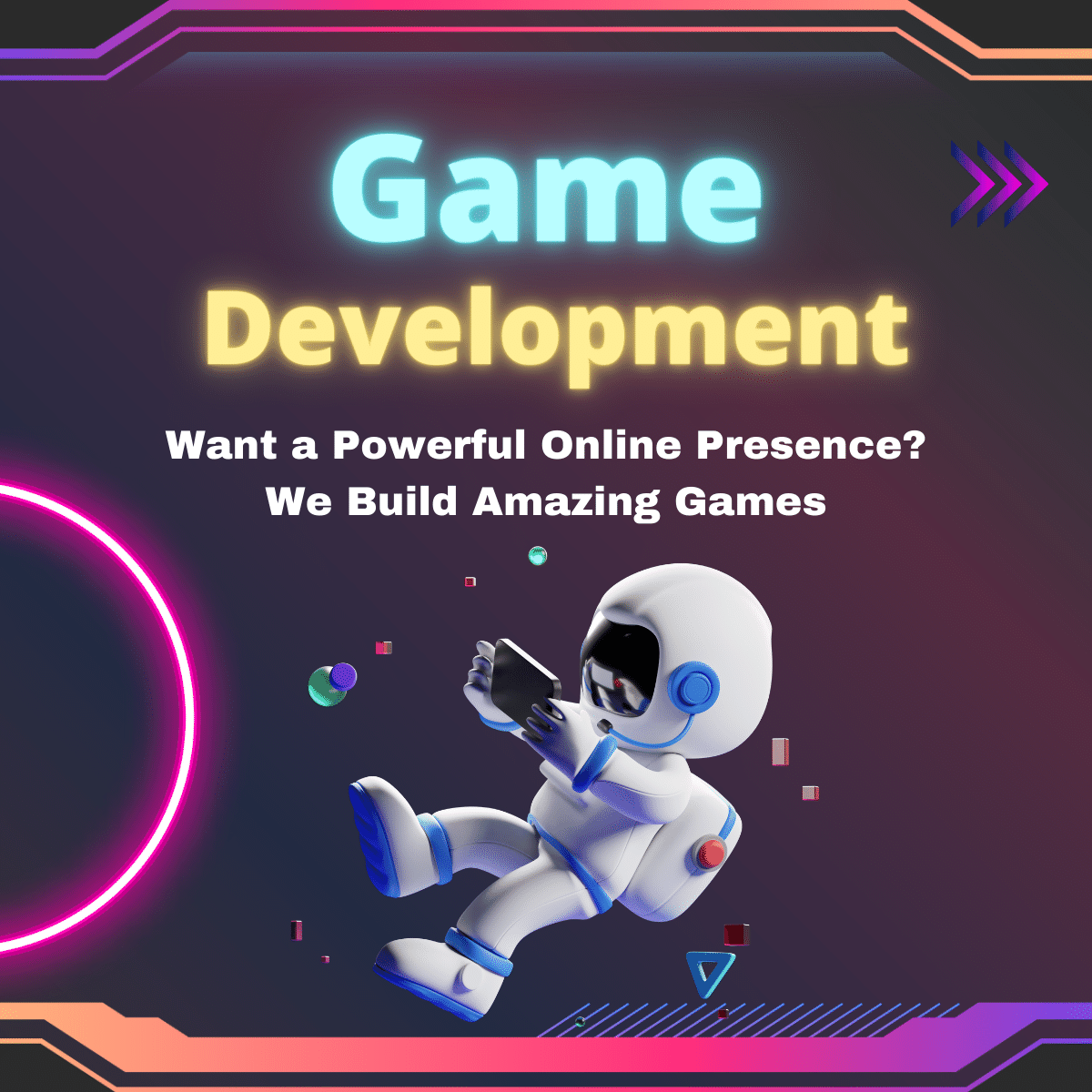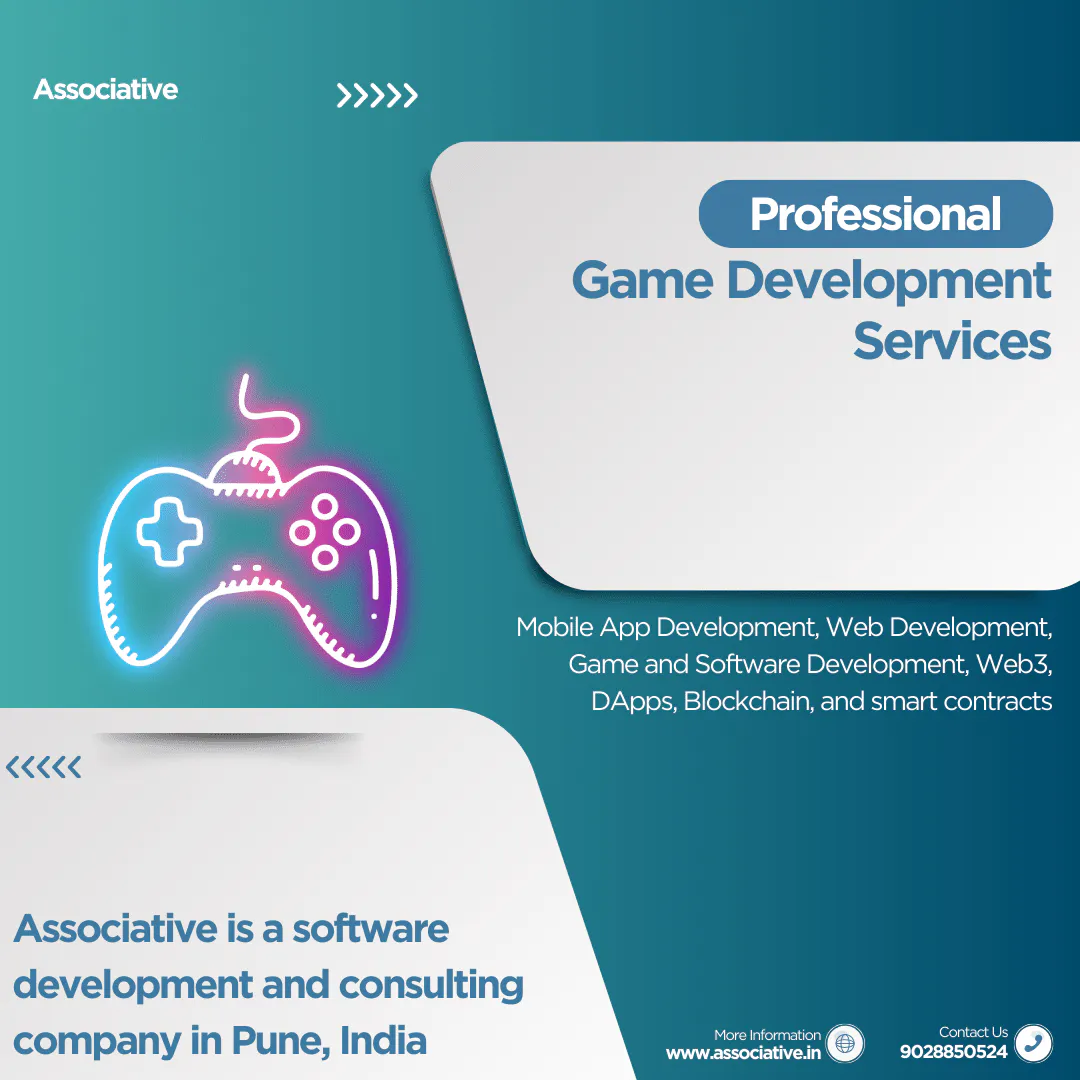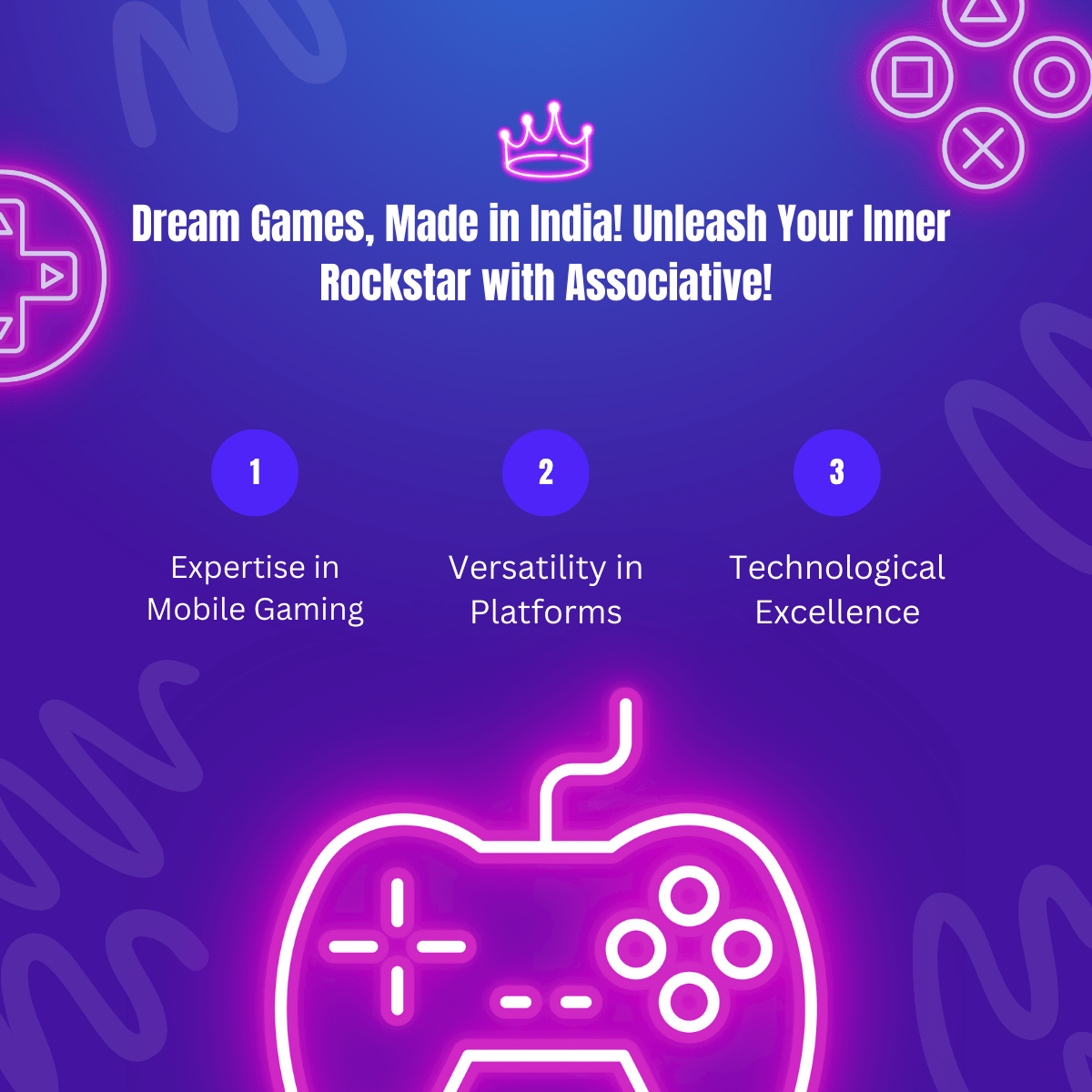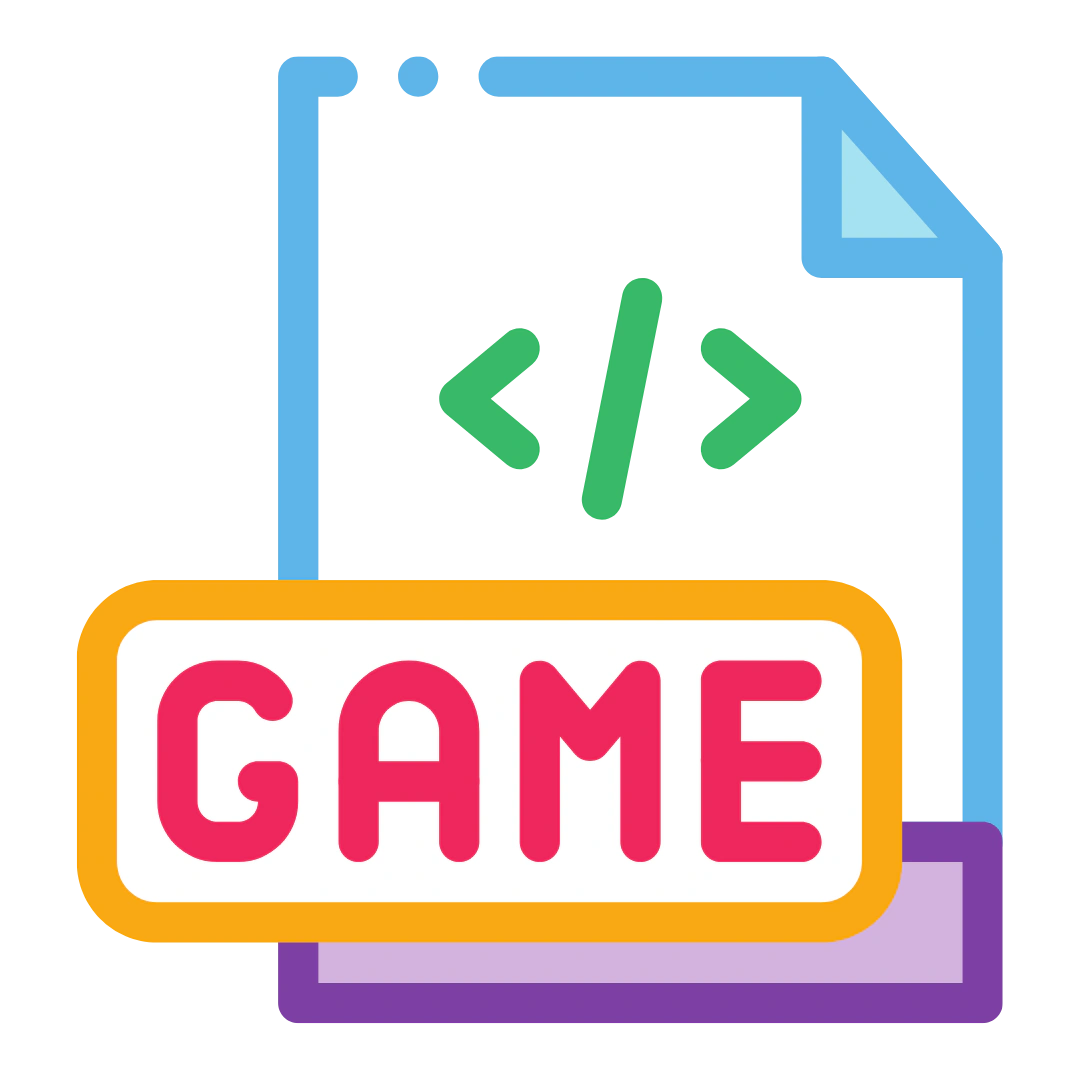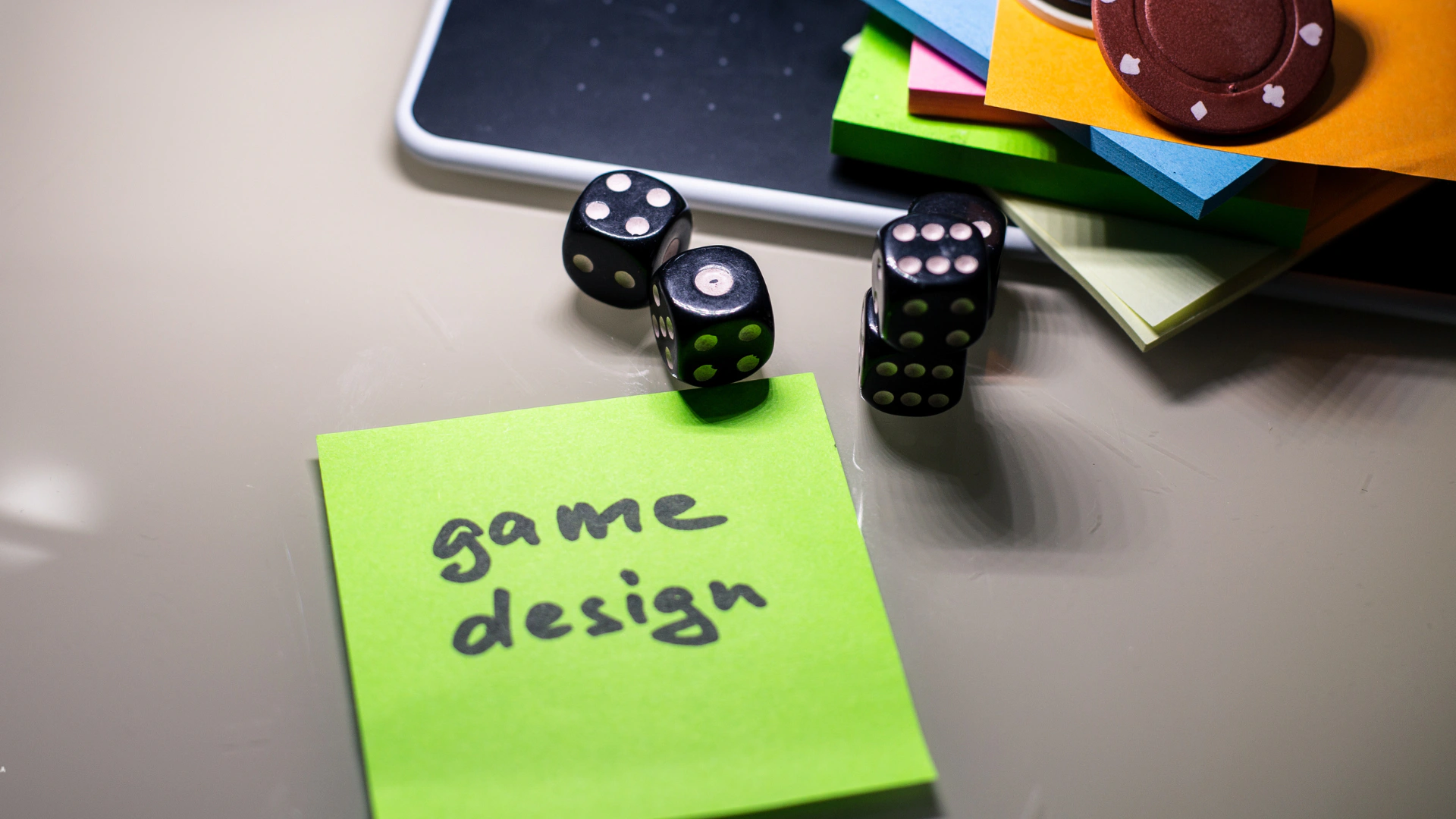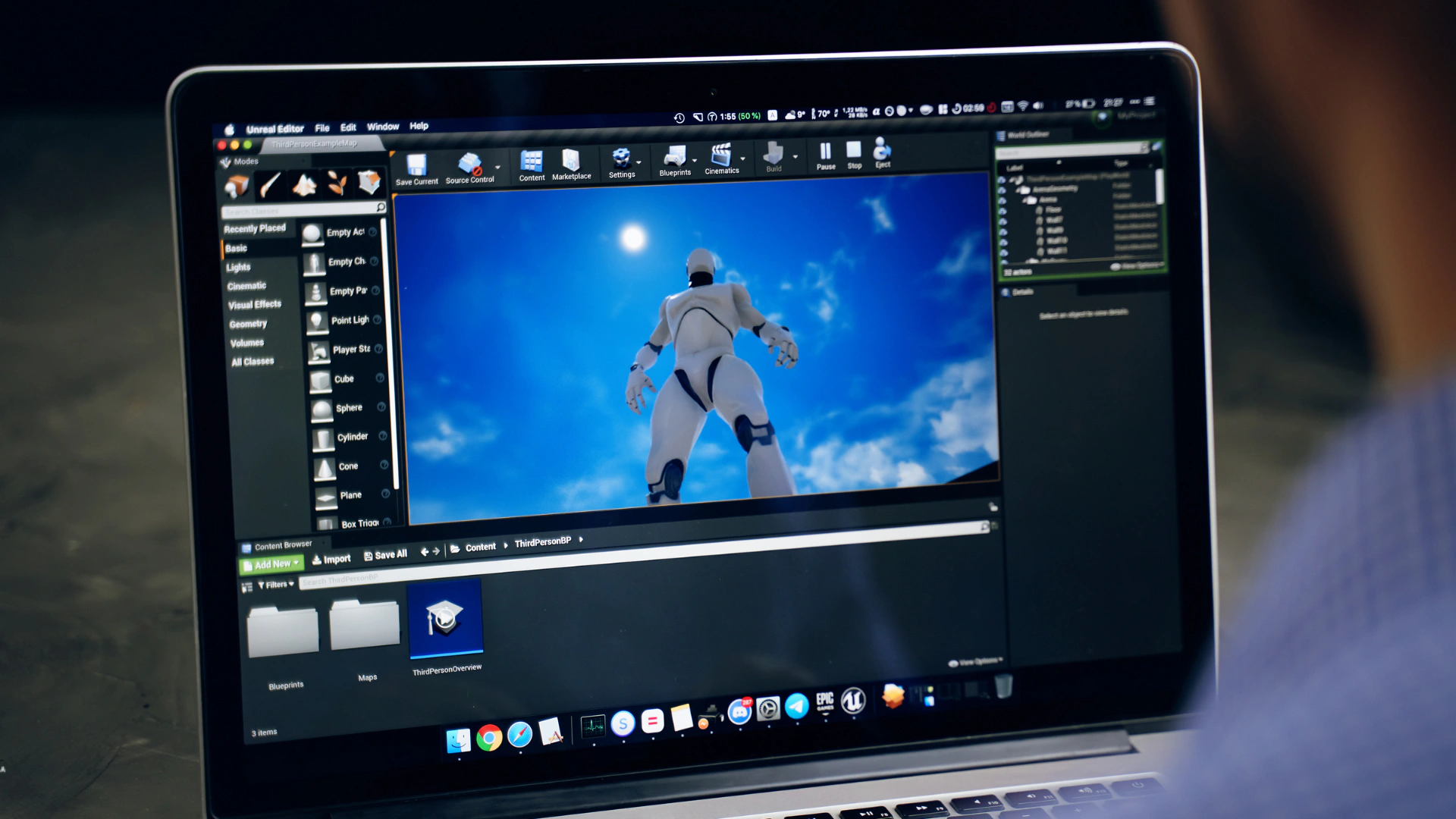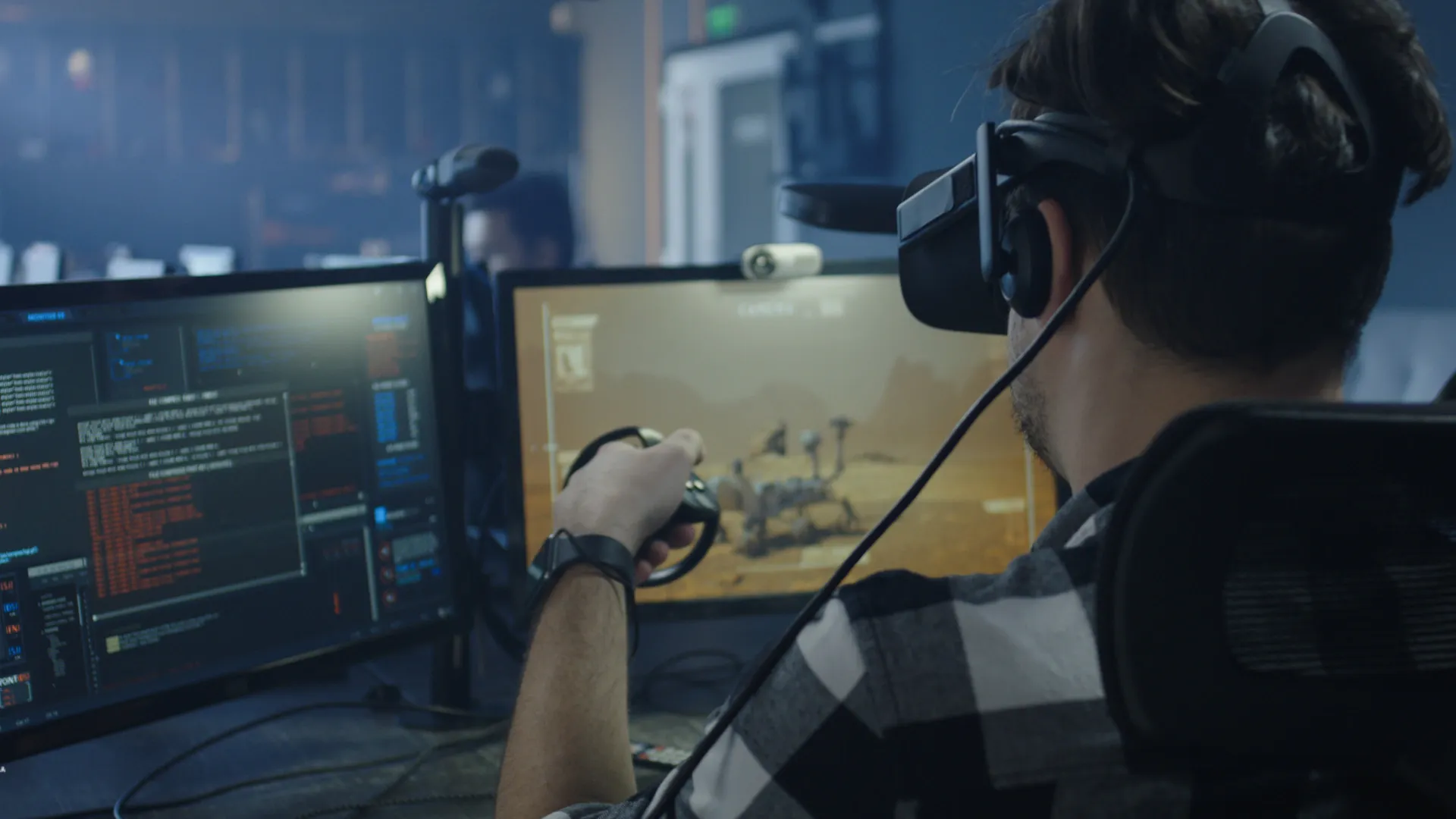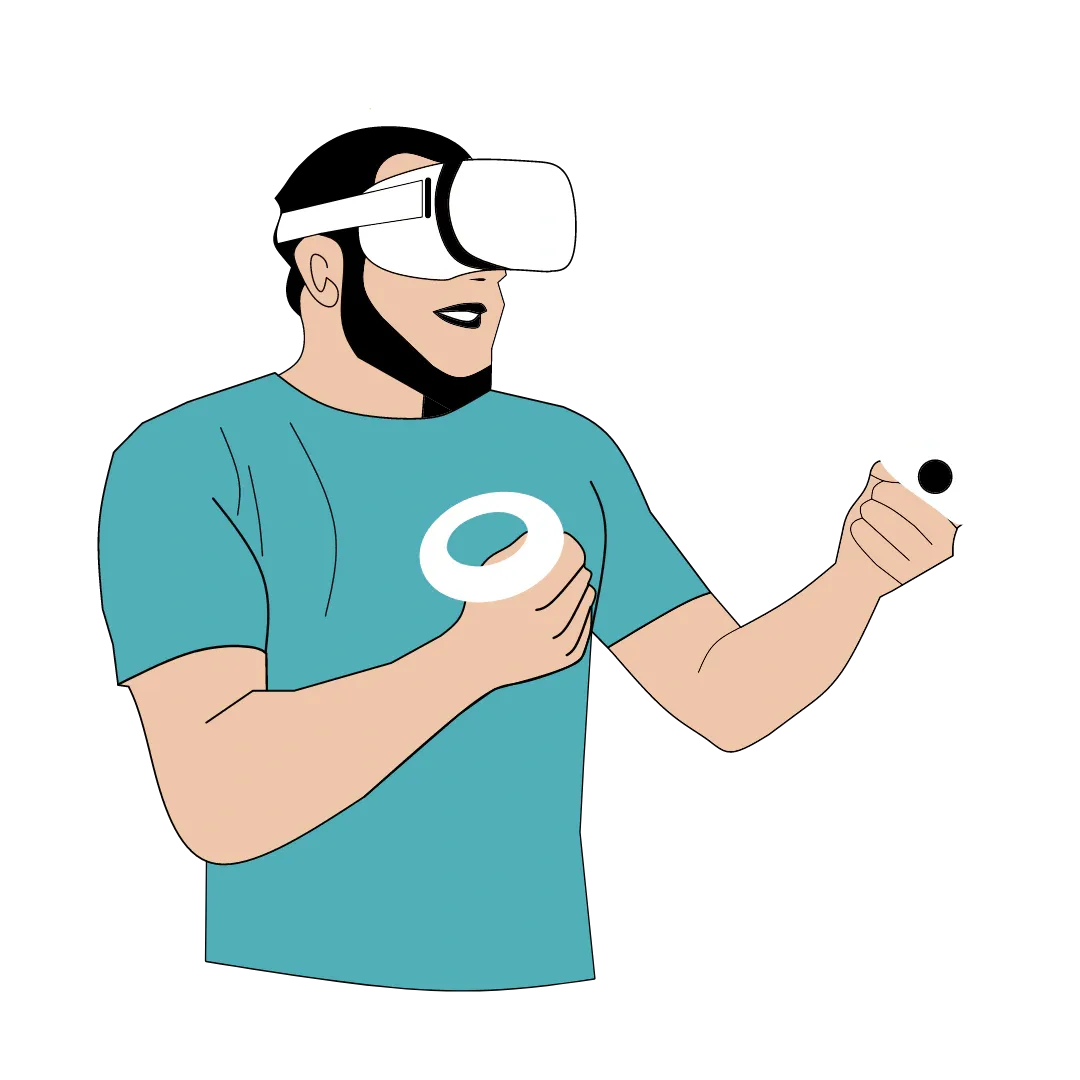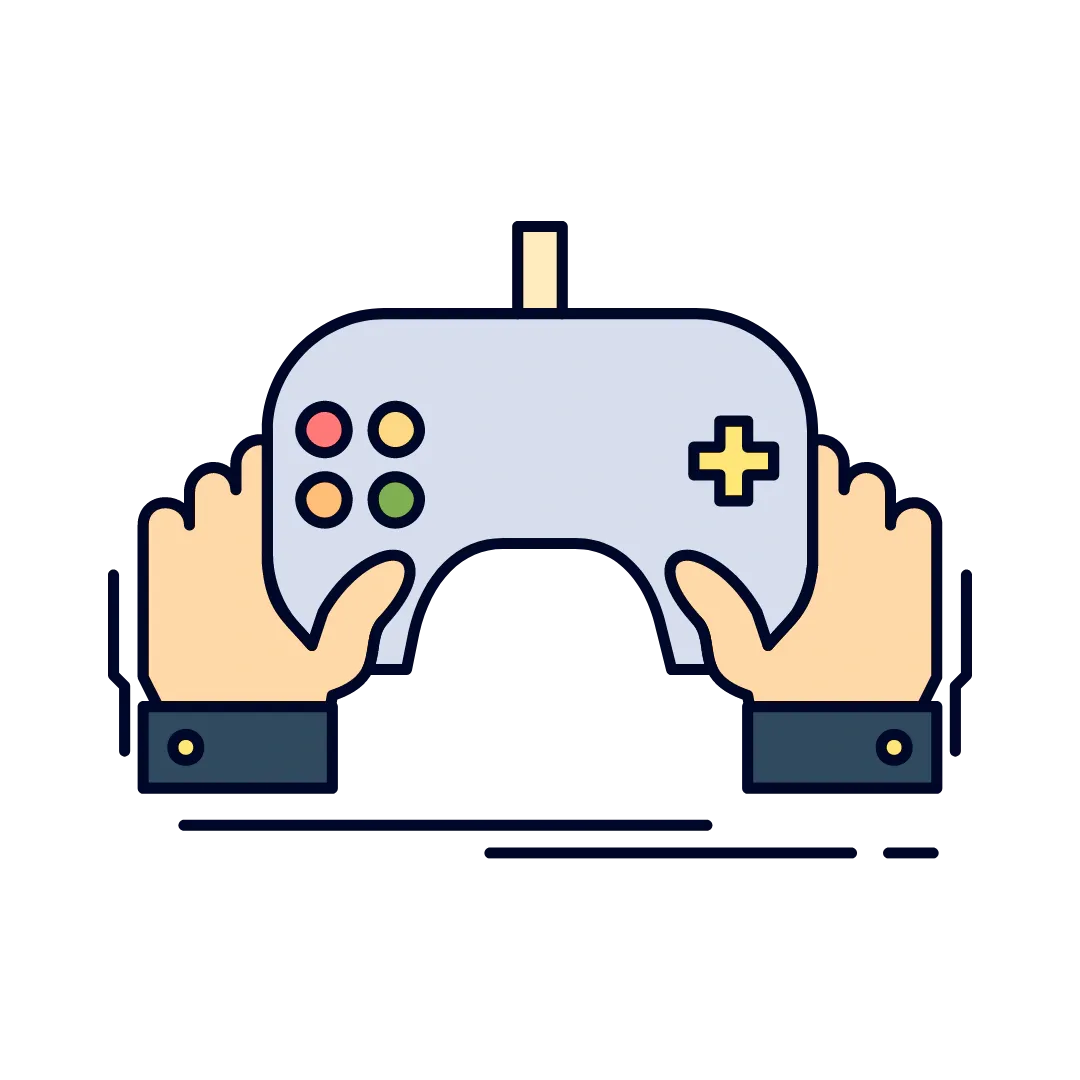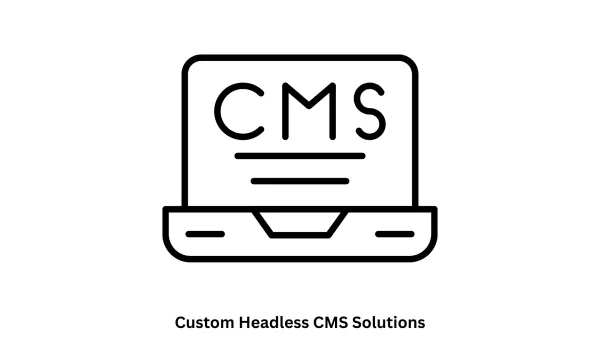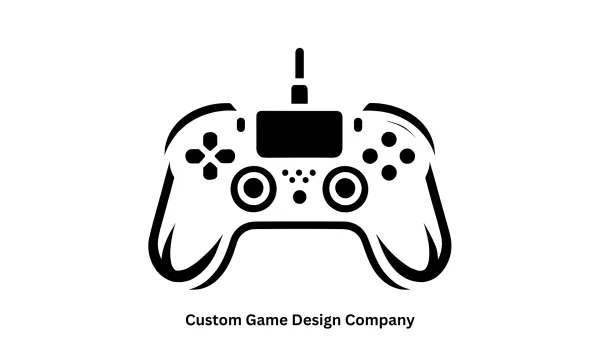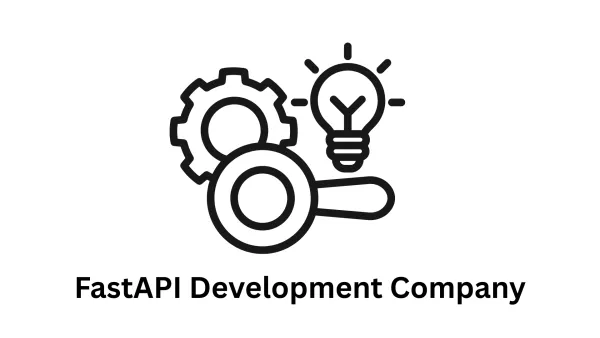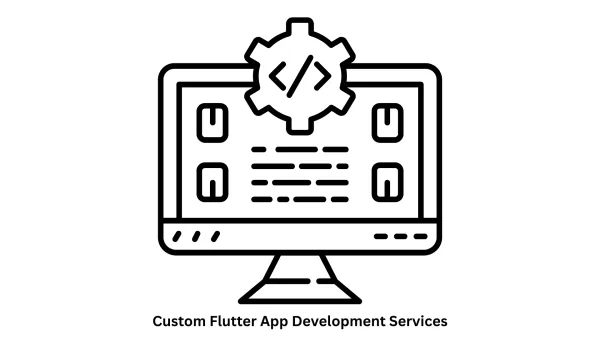Level Up Your Game: Essential Tech for Game App and Website Development

The gaming industry is booming, and whether you're an indie developer or a large studio, choosing the right technologies is crucial for creating captivating experiences. This guide will explore the essential tools, platforms, and best practices for crafting successful game apps and websites.
Top Game Development Platforms
- Unity: A versatile powerhouse that dominates the market. Unity excels at both 2D and 3D game creation, offering a vast asset store, a strong community, and cross-platform compatibility.
- Unreal Engine: Renowned for its high-fidelity graphics and powerful tools, Unreal Engine is ideal for ambitious projects seeking cutting-edge visuals and complex gameplay systems.
- Godot Engine: A free and open-source engine that's gaining popularity. Godot is user-friendly, flexible, and a great choice for indie developers and smaller teams.
- GameMaker Studio 2: A favorite for 2D game development, GameMaker Studio 2 features a visual scripting system that makes it accessible to beginners while still offering advanced capabilities.
- Buildbox: Perfect for non-programmers, Buildbox allows you to create games through a drag-and-drop interface. It's a fantastic option for rapid prototyping and casual games.
Key Technologies for Game Websites
- HTML5, CSS3, and JavaScript: These are the foundation of web development and essential for building interactive game websites.
- WebGL: This technology enables high-performance 3D graphics within web browsers, allowing for immersive experiences.
- WebAssembly (WASM): WASM is a binary instruction format for web browsers, making them capable of running near-native code for performance-critical tasks.
- Node.js and Express: A popular backend framework for building server-side logic and handling game data.
- Phaser: A powerful JavaScript library specifically designed for 2D game development on the web.
Essential Tools for Game Development
- Version Control (Git): Keep track of changes, collaborate with teammates, and avoid losing progress.
- Game Design Software (e.g., Adobe Photoshop, Blender): Create stunning visuals, animations, and level designs.
- Audio Tools (e.g., Audacity, FMOD): Craft immersive sound effects and music to enhance gameplay.
- Analytics (e.g., Unity Analytics, Google Analytics): Track player behavior and optimize your game's performance.
Best Practices for Success
- Start with a clear vision: Define your target audience, gameplay mechanics, and monetization strategy.
- Choose the right platform: Consider the strengths and limitations of each platform to find the best fit for your project.
- Build a prototype: Test your game mechanics early to validate your ideas and identify potential issues.
- Prioritize user experience: Design intuitive controls and engaging gameplay to keep players hooked.
- Market your game: Utilize social media, online communities, and influencers to build awareness and excitement.
Ready to Level Up?
Building games is a thrilling endeavor, and the right tools and technologies can make all the difference. If you're looking for expert guidance in bringing your game ideas to life, consider partnering with a seasoned game development company like Associative. Our team specializes in crafting engaging games and websites, helping you achieve your vision.
Let's connect and discuss how we can help you conquer the gaming world!
